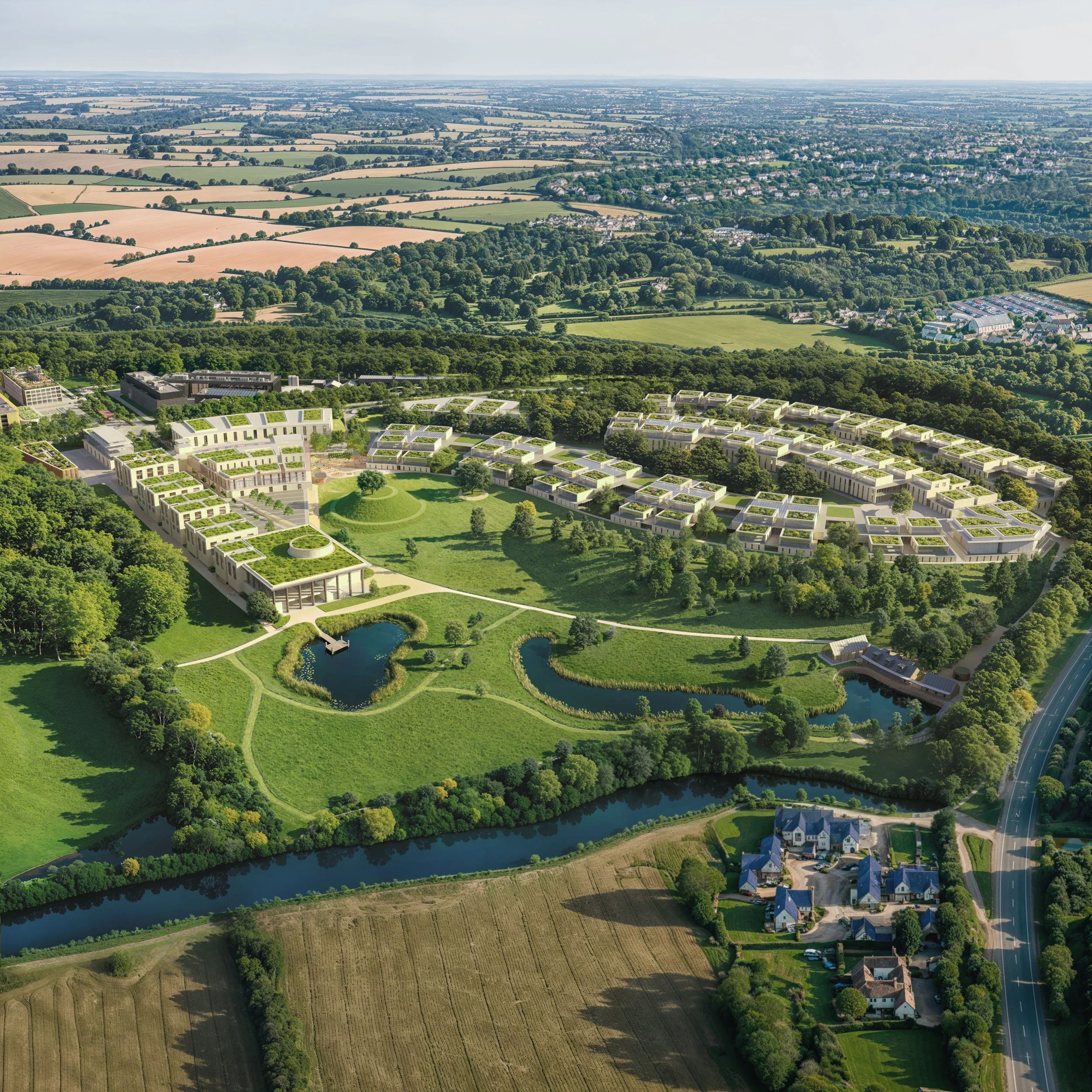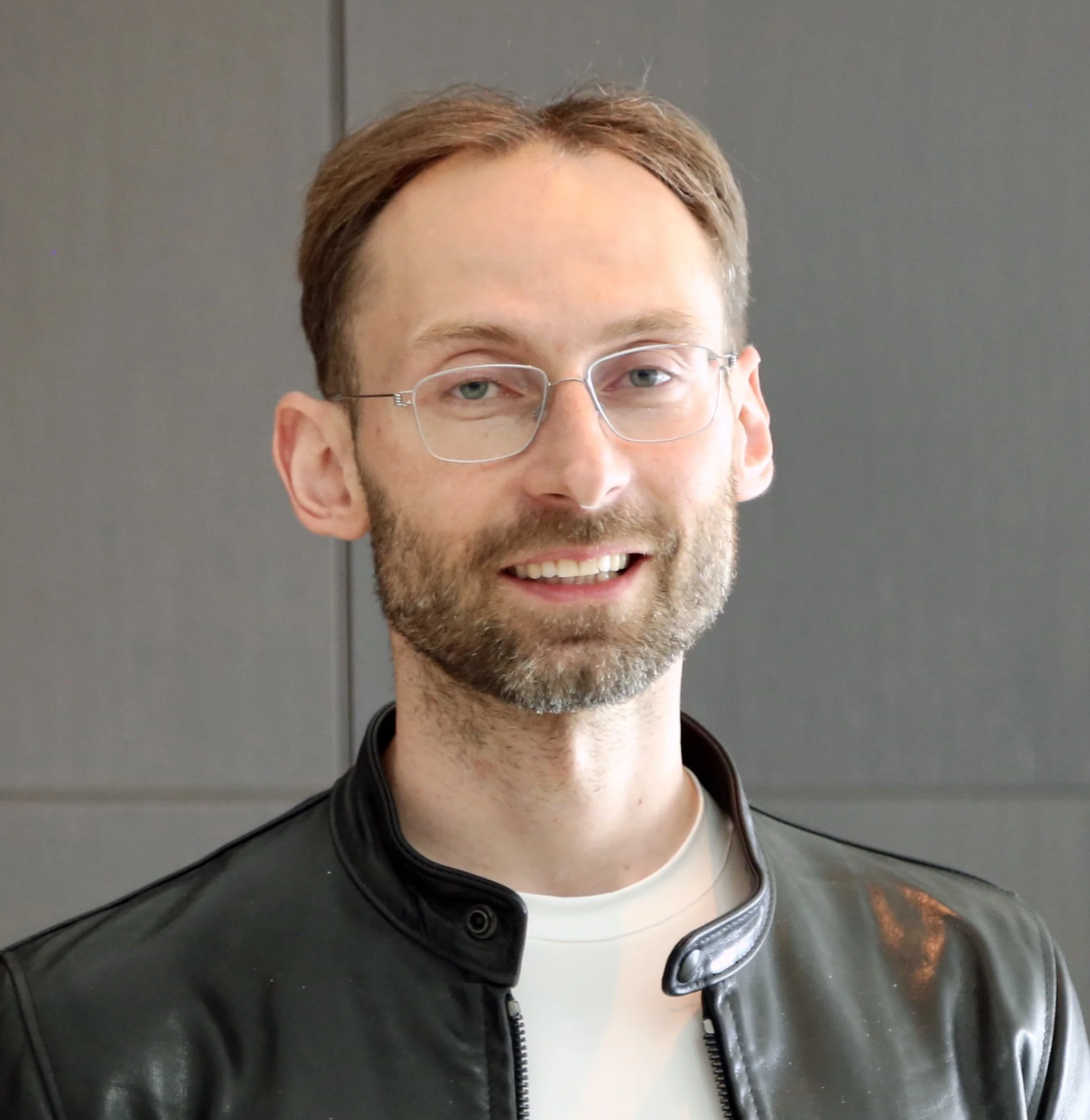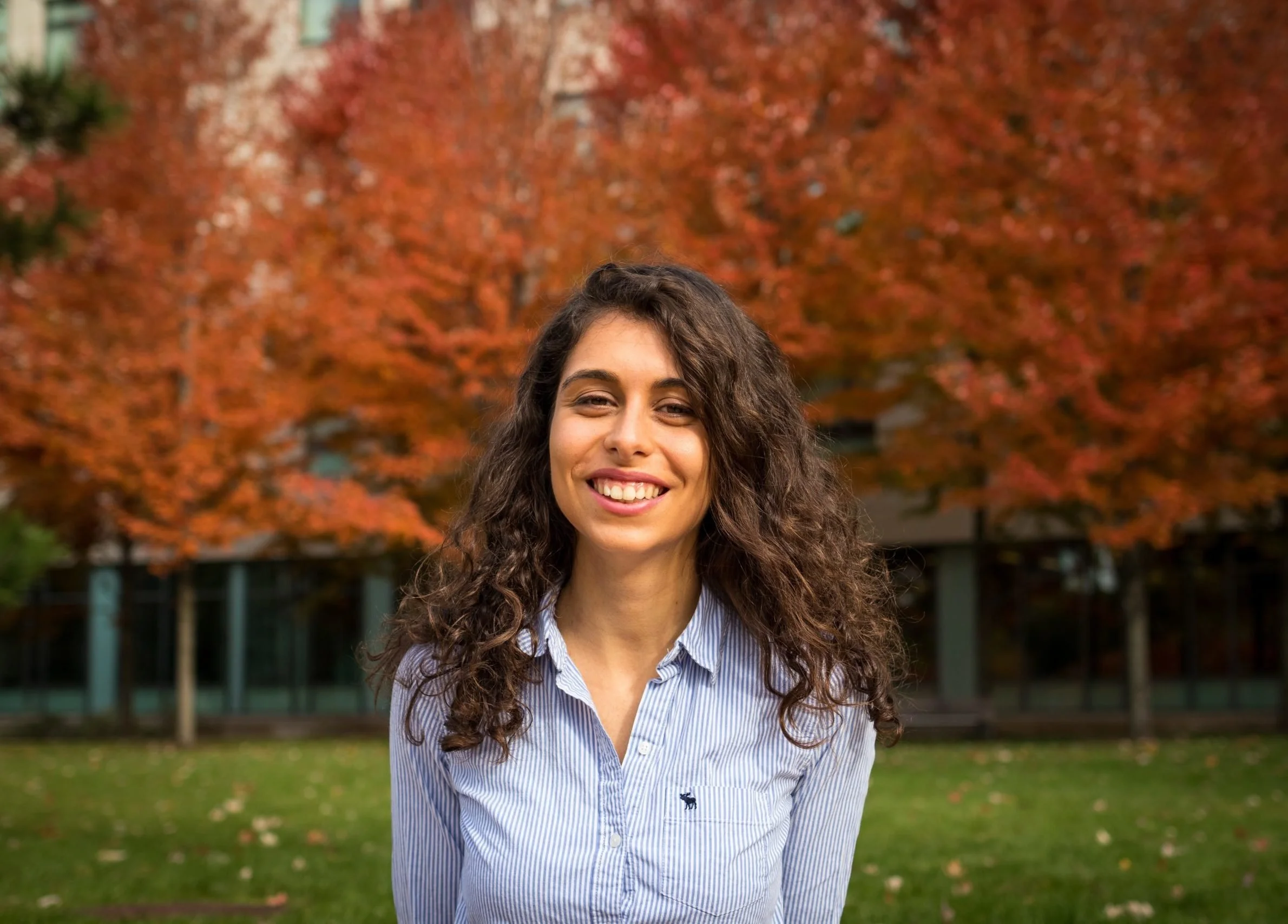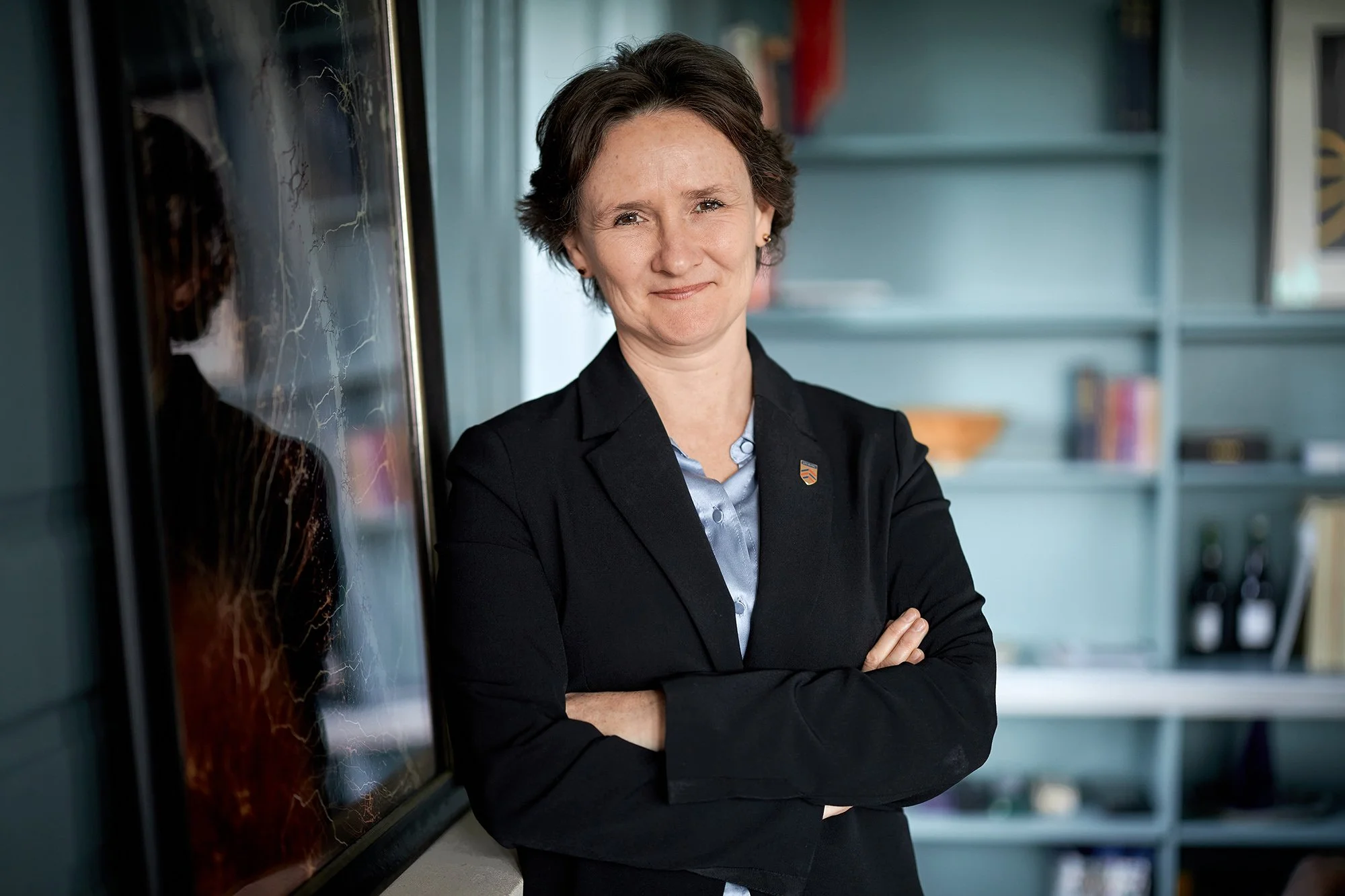Welcome
Thank you for your interest in EXOq – a home for global research, innovation and education, set within parkland in a highly sustainable location on land owned by Exeter College in Cherwell District.
EXOq is a dynamic research and innovation compute environment, building on and enhancing Oxford’s international reputation.
At the heart of the proposal is Sovereign High- Performance Compute (HPC) infrastructure to power and accelerate research of global significance and its commercial development. The data centres will be quantum compatible.
EXOq will support research and development in many areas requiring significant compute power and data storage capacity such as climate, advanced materials, particle physics, space and satellite technology, NHS data for drug development and the development of computer science and AI.
Beyond its strategic importance for the region and the UK, EXOq will deliver substantial benefits for local residents, including: a new park and amenities for Kidlington supporting the wellbeing of communities and tackling social isolation; a further education college providing skilled local employment opportunities in hardware and IT; a low-carbon heat facility for the area; and improved active travel links to Oxford city and Kidlington.
Birdseye artist's impression of EXOq providing a high-quality research and innovation environment with a new community park.
About Exeter College
Exeter College is at the forefront of Oxford innovation and enjoys a long-standing reputation for academic excellence.
It is also home to the DeepMind Professor of Artificial Intelligence (AI).
Founded in 1314 by Bishop of Exeter, Walter de Stapeldon, to educate clergy for his West Country diocese, Exeter is Oxford’s fourth-oldest college. Exeter College is one of the University of Oxford's 38 independent, self-governing colleges. Key alumni include figures like J. R. R. Tolkien, Alan Bennett and Martin Amis and political leaders Liaquat Ali Khan (First Prime Minister of Pakistan) and John Kufuor (President of Ghana).
Over the centuries, Exeter College has contributed to Oxford's worldwide academic renown. Today, it offers students a wide range of courses, including sciences, medicine, modern languages, economics, mathematics, politics, philosophy, history and law.
One of its Fellows, Professor Cath Green OBE of Clinical Biomanufacturing, was responsible for producing the early batches of the Oxford- AstraZeneca vaccine.
The College is an important part of the Oxford innovation ecosystem, being home to world-leading research and talent, including the University’s DeepMind Professor of AI.
Professor Michael Bronstein, Professorial Fellow and DeepMind Professor of AI, was previously at Imperial College London and held visiting appointments at Stanford, MIT and Harvard.
The College’s Fellows have been globally recognised for their work in science, technology and medicine:
Dr Agni Orfanoudaki, Fellow in Management and Associate Professor of Operations Management, had an integral role in a major report by the Greek Government covering their roadmap for AI. The Greek Government is the first one to publish an AI roadmap based on the investigations of a high-level committee, which Dr Orfanoudaki was asked to join in 2024.
Professor Dame Molly Stevens FREng FRS, Supernumerary Fellow and John Black Professor of Bionanoscience at the University of Oxford, was awarded the prestigious Chapman Medal by the Institute of Materials, Minerals and Mining, for outstanding contributions to the field of biomedical materials. Professor Stevens leads the Stevens Group, a multidisciplinary research team dedicated to developing ultrasensitive biosensing technologies and advanced therapeutics.
Professor Christoph Tang, Professorial Fellow in Cellular Pathology and Medicine,
led the Oxford team which, in collaboration with the Serum Institute of India, produced a new Meningitis B vaccine.
The University of Oxford –
Centre of excellence
Oxford has a wealth of talent in the development of Artificial Intelligence (AI) and quantum computing.
It is a home of ground-breaking discoveries.
High-Performance Compute (HPC) infrastructure is urgently needed to meet growing demand.
One of the oldest universities in the world, the University of Oxford remains a global leader today. Home to 2,000 academic staff, 6,000 research and support staff and 26,000 students, the University has been no.1 globally for 10 years, has the no. 1 medical school globally and is world-leading in many subjects, including Computer since since 2019.
The University is at the hub of a large regional research ecosystem. It has a wealth of talent at every frontier of the development of AI and is one of Europe's largest communities of AI expertise.
This ranges from ground breaking discoveries in machine learning, quantum computing, computer vision, and robotics, to ethics and governance, and the application of AI tools to benefit health, society and the economy.
Oxfordshire is one of Europe’s leading centres of enterprise and innovation, with particular strengths in biosciences and new technologies. Many of the region’s high-tech companies have links with the University and are growing rapidly.
The region has also seen significant investment and development in life sciences and healthcare businesses in recent years.
The Ellison Institute of Technology has established a new campus in the Oxford Science Park, south of the city and recently announced significant investment in the city.
The new HPC infrastructure at EXOq, an entirely new proposition for the region, will help address the growing demand from researchers and innovators.
What is AI?
AI, or Artificial Intelligence, is defined in the Oxford English Dictionary, as: the capacity of computers or other machines to exhibit or simulate intelligent behaviour; the field of study concerned with this. In later use also: software used to perform tasks or produce output previously thought to require human intelligence, especially by using machine learning to extrapolate from large collections of data.
The University of Oxford Vice-Chancellor, Professor Irene Tracey CBE, FRS, FMedSci said:
"I am fully supportive of Exeter College’s Innovation District, “EXOq”. This proposed large-scale state-of-the-art development, just on the outskirts of Oxford, based around Artificial Intelligence and a High-Performance Compute capability, will be a huge boost locally, regionally, and nationally. Exeter’s aim to provide novel access routes for academic researchers is particularly attractive. The colocation of academics with those from industry and the private sector facilitates rapid translation of ideas into impact that benefit all.
Fundamentally, EXOq fits very well with the University’s needs and it has my full backing."







